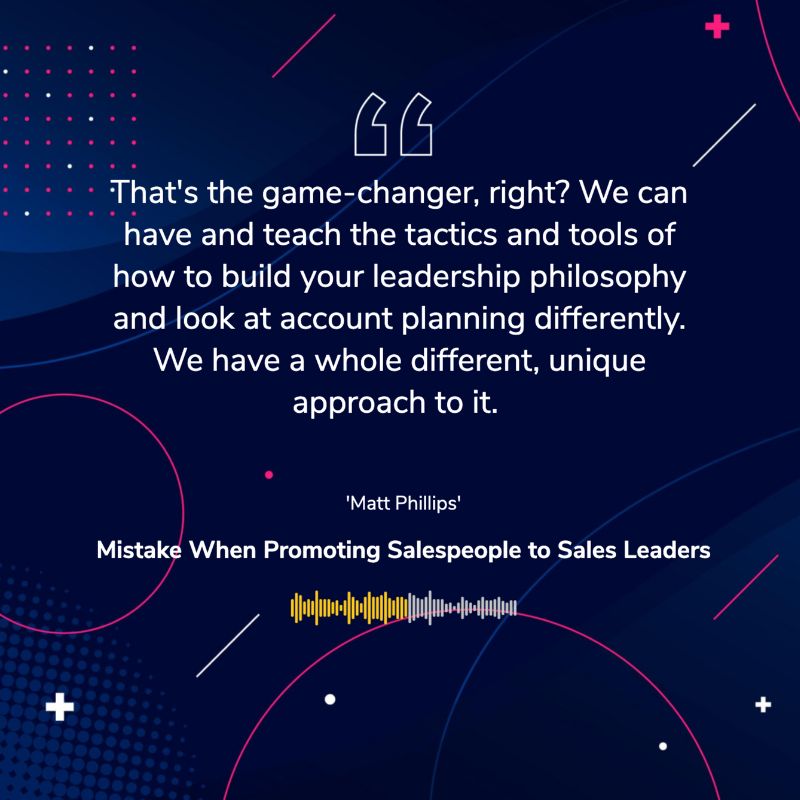Change is an inevitable part of life, yet it often meets with resistance, especially within organizations. In a recent episode of Sales POP! Online Sales Magazine and Pipeliner CRM, host John Golden engages with John Fisher, an expert in leadership and personal development, to delve into the intricacies of change management. Fisher, known for his constructivist approach and the Fisher Curve methodology, shares valuable insights on managing both organizational and personal change. This blog post will break down the key themes and actionable advice from the episode, providing a comprehensive guide to effective change management.
Understanding the Nature of Change
The Paradox of Resistance
Fisher begins by addressing the inherent contradiction in human behavior regarding change. Despite its constant presence in our lives, change often meets with resistance. He references a quote attributed to Epictetus: “You cannot step into the same river twice,” highlighting the irony of our resistance to change even as we navigate it daily.
Historical Context
Fisher points out that historical figures like Machiavelli understood the need for groundwork in managing change. However, modern practices often overlook this lesson, leading to insufficient preparation and lack of engagement with those affected by change. This can result in negative reactions, including sabotage.
The Challenges of Change Initiatives
Short-Lived Efforts
Fisher shares insights from his experience with change initiatives, noting that organizations often abandon significant changes after a year or two due to a lack of immediate benefits. This creates a culture of skepticism, where employees view new initiatives as just another passing trend.
Visualizing Change
To address skepticism, Fisher recounts a personal experience where he created a visual representation—a jigsaw puzzle—showing how past initiatives contributed to the current change. This approach helped contextualize the change and reinforced the idea that previous efforts paved the way for progress.
The Importance of Context
A Change Timeline
Fisher emphasizes that context is crucial in managing change. He advocates for a change timeline that includes the past, present, and future. Acknowledging past successes while providing closure is essential for employees to understand the need for change.
Co-Creating the Vision
Fisher suggests that organizations should co-create the vision for change with employees, fostering a sense of ownership and engagement. Recognizing employees’ contributions to past successes can help mitigate resistance to change.
Engaging Individuals in Change
Individual Nature of Change
Fisher asserts that organizations do not change; rather, people do. Successful change requires engaging individuals at a personal level. He introduces a model that assesses individuals’ perceptions of change, categorizing them based on their readiness and willingness to embrace new initiatives.
Addressing Resistance
Golden points out that even a small number of individuals resisting change can jeopardize the entire initiative. Fisher agrees, emphasizing that organizations must address the concerns of those who are hesitant or actively opposed to change.
Communication as a Change Tool
Over-Communicating
Fisher asserts that organizations can never overcommunicate during times of change. He emphasizes the need for diverse communication methods to reach different audiences effectively. These include newsletters, team meetings, video calls, and town hall addresses, ensuring that all employees receive consistent and clear messages.
Effective Communication Strategies
Fisher shares a personal anecdote from a previous change initiative, where effective communication strategies kept employees informed and engaged. In contrast, neglecting communication with those who remain in the organization during transitions can lead to feelings of disenfranchisement and resentment.
The Generational Challenge
Adapting Communication Styles
Golden raises the challenge of managing change in a multigenerational workforce, where individuals receive information and communicate differently. Fisher acknowledges this complexity and reiterates the importance of adapting communication styles to meet the needs of various generations.
Conclusion
As the episode draws to a close, Fisher summarizes the key takeaways:
- Context is Crucial: A change timeline that includes the past, present, and future helps employees understand the need for change.
- Effective Communication: Diverse communication methods ensure that all employees receive consistent and clear messages.
- Engaging Individuals: Successful change requires engaging individuals personally and addressing their concerns.
Fisher highlights the adaptability required in change initiatives, encouraging organizations to speak their employees’ language and foster an inclusive environment. Golden thanks Fisher for his insights and encourages listeners to explore the resources and information provided in the episode.
In summary, this episode offers valuable perspectives on change management, emphasizing the need for context, communication, and individual engagement to successfully navigate the complexities of organizational change. By implementing these strategies, organizations can foster a positive environment for change and achieve lasting success.
Our Host
John is the Amazon bestselling author of Winning the Battle for Sales: Lessons on Closing Every Deal from the World’s Greatest Military Victories and Social Upheaval: How to Win at Social Selling. A globally acknowledged Sales & Marketing thought leader, speaker, and strategist, he has conducted over 1500 video interviews of thought leaders for Sales POP! online sales magazine & YouTube Channel and for audio podcast channels where Sales POP! is rated in the top 2% of most popular shows out of 3,320,580 podcasts globally, ranked by Listen Score. He is CSMO at Pipeliner CRM. In his spare time, John is an avid Martial Artist.




